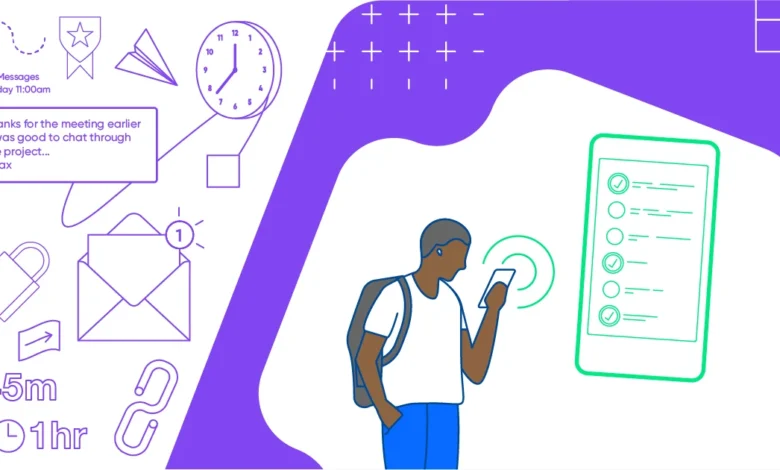Weekly Planner: The Student’s Best Tool for Staying on Track

A weekly planner isn’t just a schedule. It’s a strategy. One that helps students break down big tasks, balance priorities, and stay calm during the busiest weeks of the school year.
Why Every Student Should Use a Weekly Planner
Without a plan, it’s easy to fall into reactive study patterns—only revising when a test is coming up, only catching up once you’ve fallen behind. A weekly planner flips that script. It puts you in control of your time, helping you:
- See what’s due and when
- Allocate realistic study blocks
- Fit in breaks, downtime, and extracurriculars
- Reduce last-minute cramming and stress
According to insights from Apex Tuition Australia, students who regularly use planners to structure their week are more consistent in their revision, complete assignments earlier, and experience fewer instances of burnout during peak assessment periods.
How to Build a Weekly Planner That Actually Works
1. Start with Fixed Commitments
Add in school hours, tutoring, part-time work, and any non-negotiables. These form the skeleton of your week.
2. Block Study Time Around Energy Levels
Not a morning person? Don’t plan your hardest task at 7am. Schedule revision when you’re most alert—often mid-morning or early evening for many students.
3. Be Specific, Not Vague
Instead of writing “Study,” break it down:
- “Revise DNA replication notes”
- “Complete one past exam question for Chem”
- “Write practice English intro paragraph”
4. Plan for Flexibility
Life happens. Leave buffer time in your week for unexpected events or overflow from bigger tasks.
5. Include Breaks and Personal Time
Balance is non-negotiable. Treat sleep, meals, hobbies, and rest with as much importance as your revision blocks.
Digital vs Paper: Which Is Better?
There’s no one right answer. Some students love digital tools like Google Calendar, Notion, or scheduling apps. Others prefer pen-and-paper planners for the tactile feedback and satisfaction of crossing tasks off.
What matters most is that you use the planner regularly—and update it honestly.
Why Weekly Planning Builds Long-Term Success
A weekly planner helps you win the week—but over time, it also builds habits. Students who plan consistently develop better self-discipline, time awareness, and academic resilience.
Feedback from Apex Tuition Australia notes that students who integrate weekly planning into their routines are better equipped to manage assessment pressure and navigate high-demand subjects like VCE Maths Methods, English, and Chemistry.
Final Thought:
A good weekly planner doesn’t just help you get more done—it helps you do the right things, at the right time, in a way that supports your learning and your wellbeing. In a world full of distractions and deadlines, it’s one of the simplest (and smartest) habits any student can adopt.


